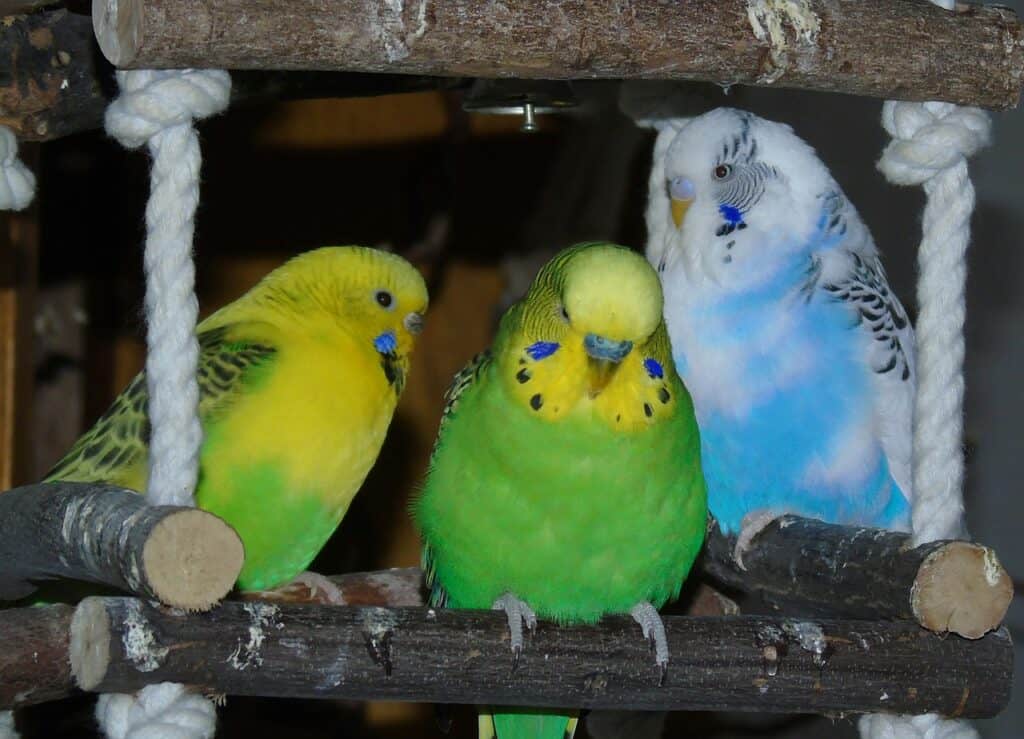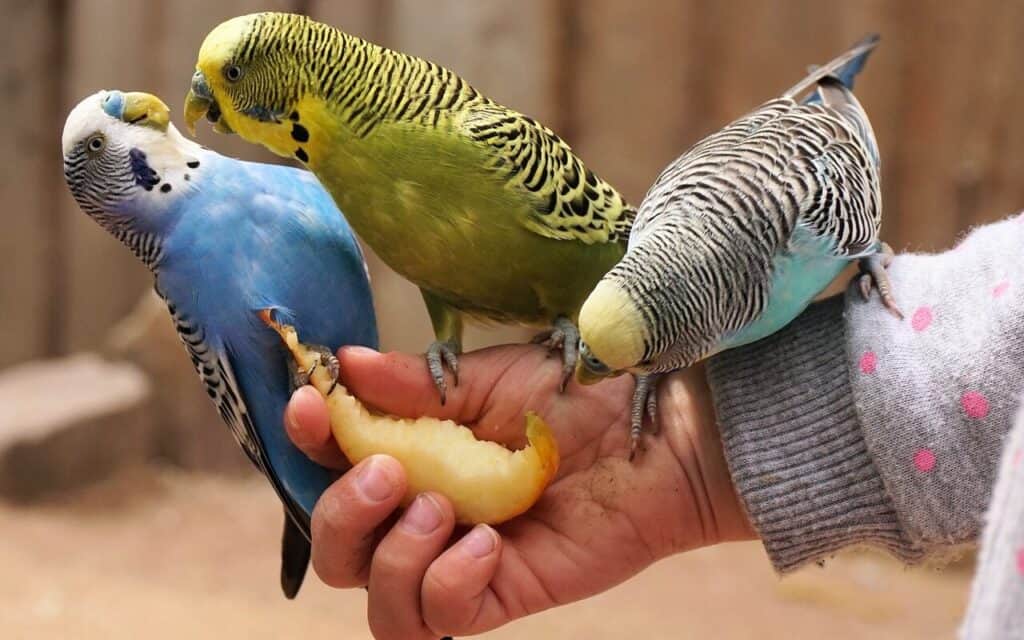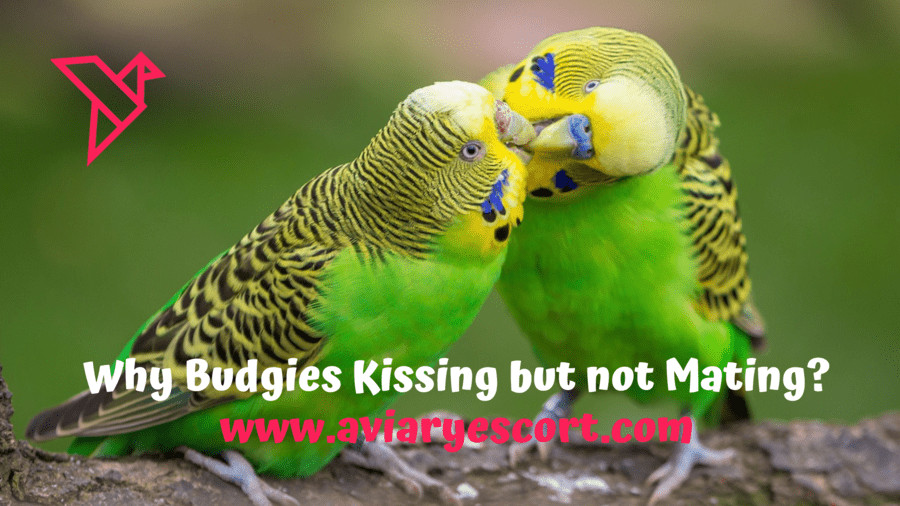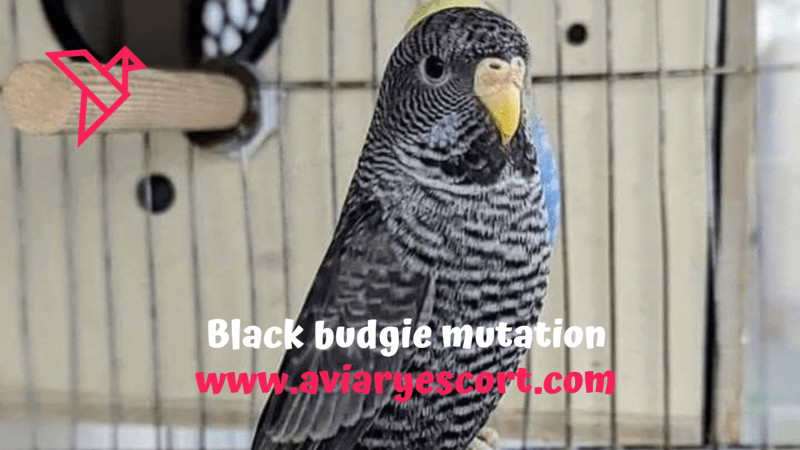When it comes to choosing a pet, budgies often rank high on people’s lists. With their vibrant feathers and playful nature, these small parrots seem like ideal companions. However, before you rush out to get a budgie of your own, it’s crucial to understand why they may not be the best choice as pets. In this comprehensive guide, we’ll delve into the reasons why budgies can be challenging pets to care for and the considerations you should keep in mind before bringing one into your home.
1. Budgies Require a Significant Time Commitment
Owning a pet comes with responsibilities, and budgies are no exception. These birds demand a substantial time commitment from their owners. They need daily interaction and socialization to thrive. Budgies are highly intelligent and social creatures, and without adequate attention, they can become bored, lonely, and even develop behavioral issues. If you’re unable to dedicate a significant amount of time to bond and engage with your pet bird, a budgie may not be the right choice for you.
2. Budgies Need a Spacious Environment
Budgies may be small in size, but they require a spacious living environment. They are active and love to fly and explore. Keeping them confined to a small cage can lead to frustration and even health problems. Ideally, you should provide a large cage that allows for plenty of movement and wing stretching. Additionally, budgies should have access to out-of-cage time daily, enabling them to exercise and fulfill their natural instincts.

3. Budgies Can Be Noisy
While their cheerful chirping may be appealing at first, budgies can be quite noisy pets. Their vocalizations can range from pleasant tweeting to high-pitched screeches. This can be particularly disruptive if you live in an apartment or have neighbors in close proximity. It’s essential to consider the potential noise level and whether it aligns with your living situation and tolerance for noise.
4. Budgies Require a Specialized Diet
Proper nutrition is vital for any pet’s well-being, and budgies have specific dietary needs. Their diet should consist of a variety of fresh fruits, vegetables, high-quality seeds, and pellets. It can be challenging to provide a well-rounded diet that meets all their nutritional requirements. Moreover, budgies are prone to obesity, so portion control is crucial. If you’re not prepared to invest time and effort into researching and providing a balanced diet for your budgie, it’s best to consider a pet with less demanding dietary needs.
5. Budgies Are Prone to Health Issues
Budgies are susceptible to various health issues, including respiratory problems, mites, tumors, and fatty liver disease. They are delicate creatures, and their small size makes them more vulnerable to illnesses. Regular veterinary check-ups and a clean, hygienic living environment are essential for their well-being. Additionally, medical care for budgies can be expensive, so it’s crucial to factor in potential veterinary costs when considering budgies as pets.
6. Budgies Have a Long Lifespan
While the average lifespan of a budgie is around 5 to 10 years, they have the potential to live much longer with proper care. Some budgies have been known to live up to 15 or even 20 years. Their long lifespan means a long-term commitment on your part. Consider whether you are ready for such a long-lasting commitment before bringing a budgie into your life.
7. Budgies Require Mental Stimulation
Budgies are intelligent creatures that thrive on mental stimulation. They need engaging activities, such as toys, puzzles, and interactive playtime, to keep their minds active and prevent boredom. Without enough mental stimulation, budgies can become lethargic and develop behavioral problems.
8. Budgies are Fragile
Despite their playful and active nature, budgies are delicate birds. Their small size and fragile bones make them more prone to injuries. Care must be taken to provide a safe environment, free from hazards that could harm or injure them.
9. Budgies Need Social Interaction
Budgies are highly social birds and require regular interaction with their human caregivers or other budgies. They form strong bonds and can become depressed or anxious if left alone for extended periods. If you are unable to provide companionship or spend significant time with your budgie, it may lead to negative consequences for their well-being.
10. Budgies Have Specific Environmental Requirements
Creating an appropriate environment for budgies involves more than just a spacious cage. They require a consistent temperature range, appropriate lighting, and proper ventilation. Additionally, exposure to drafts, extreme temperatures, or harmful fumes can have detrimental effects on their health.
If you live in an area where winters are long and intense, read our article to care for your budgies during the harsh cold weather here!
11. Budgies Shed Feathers
Like other birds, budgies molt, shedding old feathers and growing new ones. During molt, budgies may leave a trail of feathers, which can be a potential source of allergens for individuals sensitive to feathers or dust. If you or a family member have allergies, budgies may not be the most suitable pets for your household.
12. Budgies Can Be Messy
Budgies are active birds that love to explore their surroundings. This exploration can lead to scattering debris, such as food particles, feathers, and droppings, outside their cage. Regular cleaning and maintenance are necessary to keep their environment hygienic and minimize the mess.
13. Budgies Have a Unique Sleep Pattern
Budgies have a different sleep pattern compared to humans. They require approximately 10-12 hours of uninterrupted darkness for restful sleep. If their sleep routine is disrupted by noise or light, it can affect their overall well-being, behavior, and even their lifespan.
14. Budgies Require Proper Training
Training a budgie requires patience, consistency, and positive reinforcement. While some budgies are quick learners, others may take time and effort to respond to training cues. If you are not willing to invest the necessary time and energy into training, you may find it challenging to establish a bond and manage their behavior effectively.

15. Budgies Have Specific Socialization Needs
Socializing a budgie is crucial to ensure they become comfortable with human interaction and adapt well to their environment. Without proper socialization from an early age, budgies may become fearful, aggressive, or exhibit territorial behavior. It’s essential to dedicate time and effort to socialize and train your budgie to foster a positive relationship.
These additional points highlight the intricacies of budgie ownership and emphasize the careful consideration required before deciding to bring one into your home.
Conclusion
Budgies may be visually appealing and possess charming personalities, but they come with a set of challenges that make them unsuitable for everyone. Their need for time, space, and specialized care requires a dedicated and knowledgeable owner. Before deciding to adopt a budgie, carefully consider the factors discussed in this comprehensive guide. Ensure you can provide the necessary time, resources, and commitment to ensure a happy and healthy life for your potential pet.
FAQs
1. Are budgies good pets for children?
Budgies can be suitable pets for children, provided they are under adult supervision and the child understands the responsibility and care required. However, due to their delicate nature and specific needs, budgies may not be the best choice for very young children.
2. Can budgies learn to talk?
Yes, budgies have the ability to mimic and learn words and phrases. With patient training and consistent interaction, some budgies can develop a vocabulary of several words or even simple sentences.
3. Can budgies be kept alone, or do they need a companion?
Budgies are highly social birds and thrive in the company of their own kind. While it’s possible to keep a single budgie, they may become lonely and bored without a companion. If you cannot provide them with regular interaction, it’s advisable to consider getting a pair of budgies.
4. Can budgies be trained?
Yes, budgies are intelligent birds and can be trained to perform various tricks and behaviors. With positive reinforcement and patience, they can learn to step up onto a hand, play with toys, and even perform simple actions like ringing a bell.
5. How much does it cost to own a budgie?
The cost of owning a budgie includes expenses such as the initial purchase price, a suitable cage, toys, food, veterinary care, and ongoing maintenance costs. The overall cost may vary depending on factors such as location and the quality of items purchased. It’s important to budget for both initial and recurring expenses when considering a budgie as a pet.












